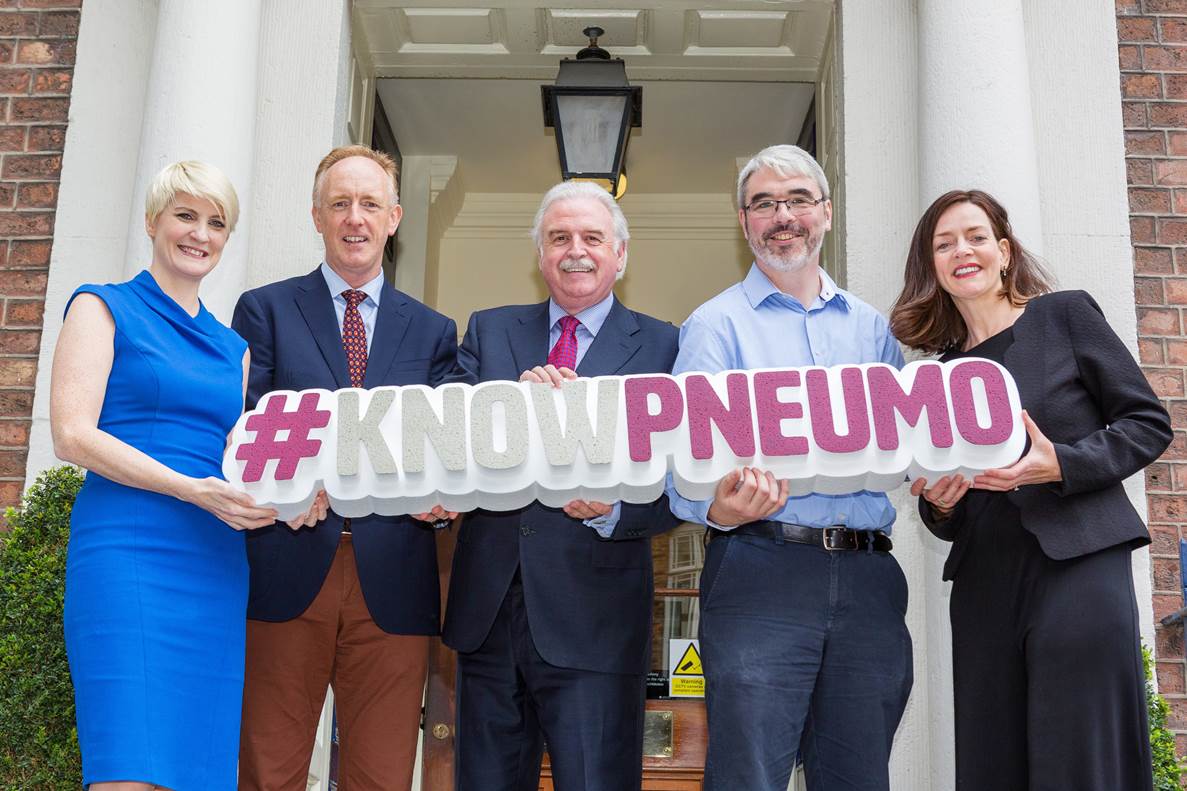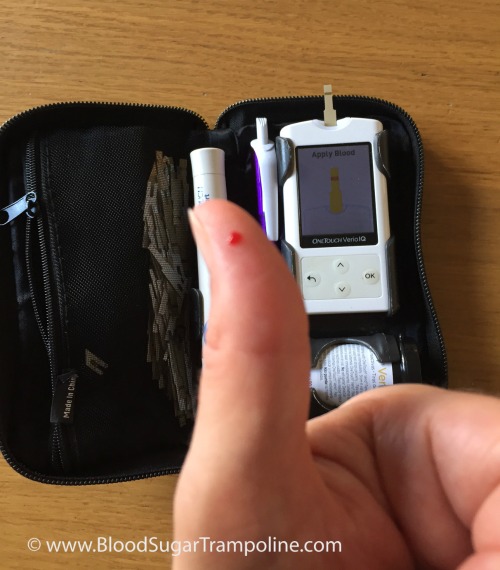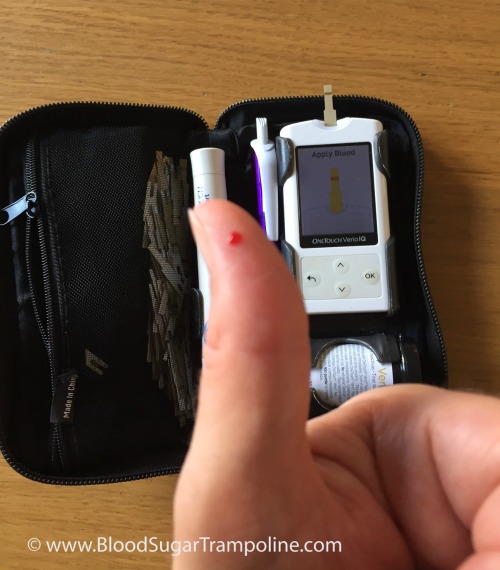 Last weekend, I went to the DiabetesSisters Weekend for Women conference Alexandria, Virginia.
Disclaimer: Diabetes Sisters paid for my conference registration and accommodation but also gave me a contribution towards my travel costs. All they asked for in return was that I would write a blog post about the conference which I had to do anyway because I learned so much that needs to be shared;-)
Last weekend, I went to the DiabetesSisters Weekend for Women conference Alexandria, Virginia.
Disclaimer: Diabetes Sisters paid for my conference registration and accommodation but also gave me a contribution towards my travel costs. All they asked for in return was that I would write a blog post about the conference which I had to do anyway because I learned so much that needs to be shared;-)
There’s nothing like a diabetes conference! Seriously, diabetes conferences are like walking into a warm hug. A zone in which being a pwd is normal and your diabetes jokes get laughed at. It’s the, nobody bats an eye when there beeps sound off in the room because everybody knows what the beep is and no explanations or apologies are expected/offered/needed.
We speak the same language. You are surrounded by so many people with diabetes, there is so very much to talk about and for me, it’s very, very, very difficult to leave when the conference ends. But then once I’m home with my family it’s all good again.

How did I end up there?
Well a couple of months ago I saw that The diabetes sisters organization was offering scholarships to attend. I also knew that this was a joint conference with the Diabetes Collective DUnconfernce. I have been following both of these events/organizations since they began. I applied! I really wanted to go! I’d figure out the rest later (Shawn Sheppard :-)
Then, a month later I bought tickets for a show at home that I was dying to see for that very weekend. Either way I was going to have fun that weekend! I won the scholarship and found a new home for the tickets to a sold out show.
The idea of traveling across an ocean just to spend a weekend with people with diabetes might seem a lot crazy to some but when you know for certain that you will come away with so much more in your brain and heart it’s not.
It’s always a good sign when you register for a conference the first person you met you know. Then I met my roommate who googled how to pronounce my name :-O The loveliest room mate ever.
What was it like?
Exactly as described in my opening paragraph. Good for the heart, good for the head and good for the soul. The speakers are all people who are doing amazing things, not all had diabetes and not all were health care professionals. The information and the sharing of experiences in the room was so valuable. I will write more posts about what I learned in some of sessions in the following weeks.
However, the stand out sessions for me were;
- “Sex, Pods & Rock n Roll”, a panel discussion with lots of audience participation. The panel was made up of Diabetes Sister; Cindy Campaniello, Thriveabetes 2016 Speaker; Gary Scheiner, Karen Graffeo and Christel Marchand Aprigliano
- Anxiety, Depression and Diabetes and a second session by the same speaker, Be the CEO of your Healthcare by person with type 1 diabetes and clinical psychologist, Nicole Bereolo.
- Charting your own patient journey by Sara Wyen founder of Blood Clot Recovery Network.
- Making use of the glycemic index by Gary Scheiner. I still have so much to learn!!!
- Diabetes and Technology by Melissa Lee
- Life is sweet by Shawn Shepheard Sugar Free Shawn Show
And of course, the very best part of a diabetes conference is hanging out with the 150 other people there who had diabetes.





 Every year, around this time, I have a conversation with myself about whether or not I should get the flu vaccine. And every year I make a different decision. Two signs of insanity right there; talking to myself and complete indecision. Whose worried? Not me! Oops, there I go again, talking to myself. 😆
Every year, around this time, I have a conversation with myself about whether or not I should get the flu vaccine. And every year I make a different decision. Two signs of insanity right there; talking to myself and complete indecision. Whose worried? Not me! Oops, there I go again, talking to myself. 😆

 Before breakfast, I checked my levels again; they were in target, so I took my insulin for my regular weekend breakfast of tea and toast also known as 40g of carbs and then ate it.
Before breakfast, I checked my levels again; they were in target, so I took my insulin for my regular weekend breakfast of tea and toast also known as 40g of carbs and then ate it. When my children were younger, I was asked a couple of times about how I balance life as a mum and life as a person with type 1 diabetes. It was definitely a challenge to juggle parenting with anything but that's not news to any parent.
Now that my children are older (13 & 11) I can look back on what were the tough parts and what were the “advantages” of being a mum with type 1 diabetes.
When my children were younger, I was asked a couple of times about how I balance life as a mum and life as a person with type 1 diabetes. It was definitely a challenge to juggle parenting with anything but that's not news to any parent.
Now that my children are older (13 & 11) I can look back on what were the tough parts and what were the “advantages” of being a mum with type 1 diabetes.